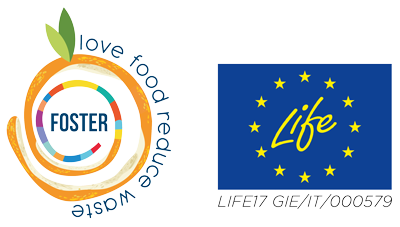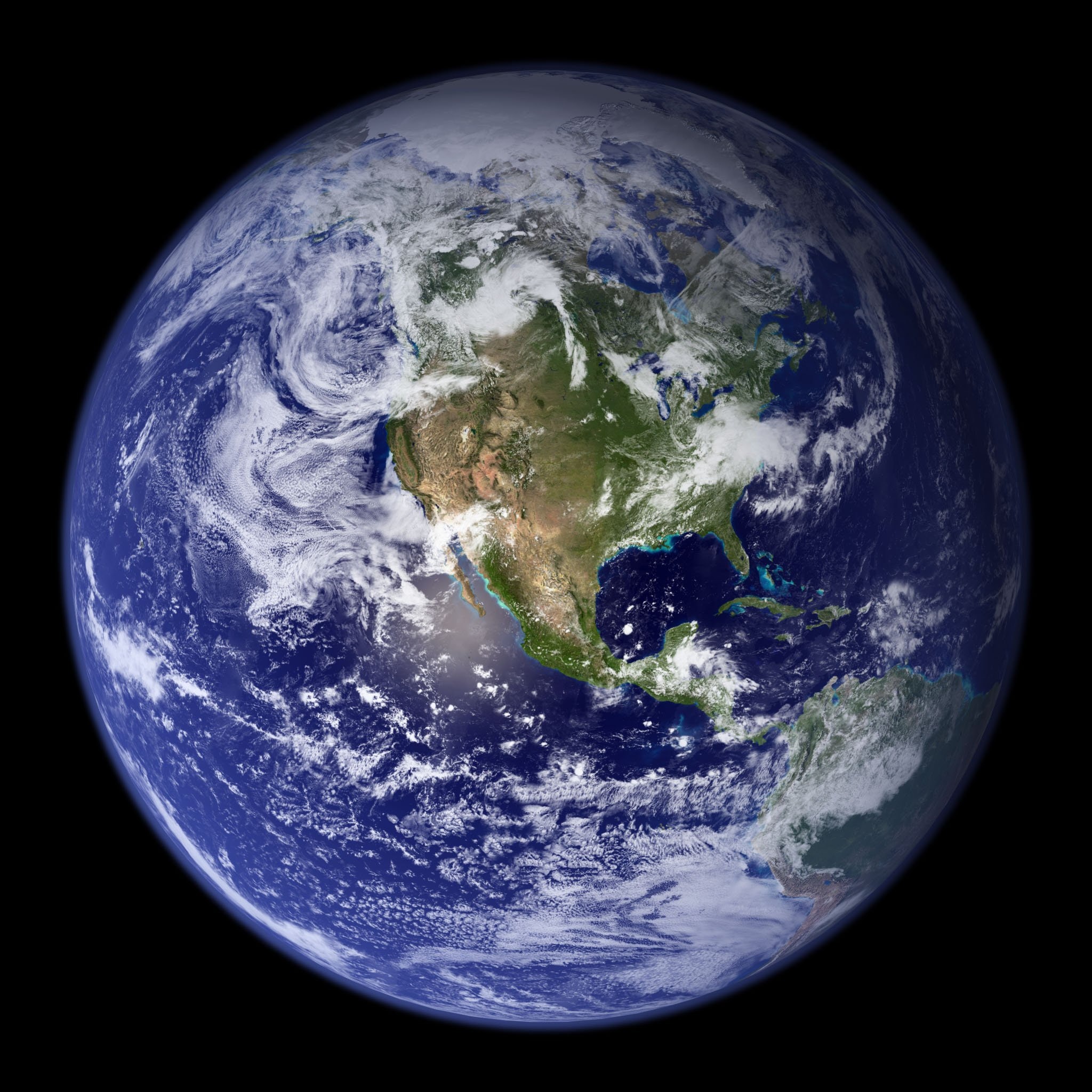If we pinpoint the crux purpose of the world food system, what kind of world would we see? Undoubtedly, a world where each and every corner of it is adequately supplied, and hunger, as we know it, is entirely eliminated. And what do we see instead? A reality where millions of people are starving with no access to food, and a concerning percentage (16,6%) of people are malnourished.[1]
With the amount of food produced yearly on a global level that could feed the entire planet, this data is highly unsettling.
Providing sustenance to all human beings is one of the major challenges of the world food system. Nonetheless, other key predicaments emerge simultaneously as an inevitable consequence of the growing food industry. Poverty, increasing population, environmental setbacks, impacts of biofuel production, food waste, climate change – they all present obstacles to what a thriving planet should look like. So, let’s dive into some of the specific challenges and see how we can shift perspective to find the gateways for a better future.
Food crisis
“Food security exists when all people, at all times, have physical and economic access to sufficient, safe and nutritious food that meets their dietary needs and food preferences for an active and healthy life.” (World Food Summit, 1996)
Many factors cause food crises and hunger. Nevertheless, the leading causes are poverty, war, economic fluctuations, natural disasters, as well as the ongoing pandemic.
In a world where the food crisis brings severe food insecurity in many underdeveloped countries, we can all see that we are far from having well-established food security within the food system. UN reported that nearly 928 million people were affected by food insecurity in 2021.[2] According to FSIN, we can see a 19% increase in the number of people in crisis from 2020 to 2021.[3]
The rapid increase of population
Due to the constant increase in population every year, the food system faces challenges regarding producing adequate amounts of food to feed the entire humanity. It is estimated that, by 2050, the world food system will have to provide food for more than 9 billion people.[4]
These growing demands are pretty challenging for the agricultural capacities. Some of the steps we can take on a global level are: decreasing the footprint of agriculture, using the lands and resources more efficiently, eating less meat and reducing food waste.[5]
Biofuel production
At first, biofuels were thought to be a promising alternative to fossil fuels since they used only organic matter for their production, mostly soybean, corn and sugarcane. Still, it turned out that they are not the best solution for the environment and the economic side of the food system.
Biofuel production requires modifications of massive amounts of land and water, which directly affects biodiversity, pollutes air and water, and raises food costs. Besides, the GHG emissions are not lowered per se by turning to biofuels. “Depending on the methods used to produce
the feedstock and process the fuel, some crops can even generate more greenhouse gases than do fossil fuels.”[6]
Indeed, it is possible to shift the biofuel impacts from negative to positive ones if we incorporate the “good practices”. For example, these practices would be changing the way we treat the soil, preserving our ecosystem, taking care of the water, energy and land resources and keeping the harvesting, processing and distribution at the level of sustainability.[7]
Poor agricultural practices
Anything that doesn’t support plant life and plant growth is considered unsustainable practice within the agricultural domain. Suppose the practices used on the soil include harmful chemicals to speed up crop growth. In that case, the ground will eventually become nutrient deficient and consequently produce less healthy foods. In other words, we will consume toxins and deplete ourselves by ingesting these sprayed foods, which is far from having the full nutritional range necessary to maintain adequate sustenance.
Another poor farming practice is not rotating the crops and repeatedly growing only one type of food on the same soil. So-called mono-crop farms are susceptible to pests and pathogens because there is no wildlife and native plants that will stop the pests from destroying the crops. Thus, more pesticides are necessary for the crops to survive the pathogen attacks.[8]
For this reason, it is essential to support the local small farmers since smaller farms can keep the soil chemical-free, rotate the crops and grow multiple crops since their interest is not massive production and massive income.
Food loss and food waste
Overproduction, mass consumption and unsustainable food practices are the root of the massive amounts of discarded food within the food production chain. As we mentioned in one of our previous articles (https://www.lifefoster.eu/food-waste/the-difference-between-food-loss-and-food-waste/), food loss and food waste increase the use of water, land and energy to the extent that it damages our biodiversity. Moreover, excessive production and food wastage influence the financial side of the food system as it requires more money to sustain the market demands.
As FAO stated, every participant of the food chain must partake in tackling the food waste and food loss issue. Raising awareness within every level of the supply chain, including the production, processing, distribution, consumption and disposal, is crucial for reducing food waste in the long run.[9]
Climate change
The food crisis, increased population, mass-production, poor agricultural practices, food waste and GHG emissions cause the temperatures and the sea to rise tremendously. Even more so, we witness ocean acidification and unpredictable weather patterns that are all clear evidence of climate change.
Farming has always been dependent on weather conditions, and now, in these modern times, we can see how much erratic weather can damage the entire farming process. Despite the decreased food supply due to climate changes, the demand for food increases since the growing population asks for more food. Thus, the food industry replies with increased production, but now with higher food prices, causing more water, land and energy misuse. Here we can see the vicious circle repeating itself perpetually.[10]
Final words
Overall, we can foresee a few scenarios of our world food system in the future. The most discouraging one would be continuing the practices mentioned above that lead to the complete eradication of our farms and water.
Or, on the other hand, we can begin to make a change by introducing the “good practices” that are sustainable for us and our planet. For that to happen, we need to let the old food system crumble as it is showing its pitfalls and inefficiency. Our primary purpose should be to reduce food insecurity and food crisis, improve farming practices and decrease food loss and food waste. Accordingly, we would start winning small battles against climate change and construct a new, better world food system that could one day begin feeding every single hungry belly in the world.
So, which scenario would that be, depends on which direction we take.
And we should never forget – the choice is always on us.
[1] https://www.embracerelief.org/world-hunger-facts-world-food-shortage-2021/, 17 January 2022
[2] https://plan-international.org/emergencies/global-food-crisis, 17 January 2022
[3] https://reliefweb.int/sites/reliefweb.int/files/resources/FINAl_GRFC2021_Sept_Update.pdf, 17 January 2022
[4] https://www.futurelearn.com/info/courses/revolutionising-the-food-chain/0/steps/170874, 17 January 2022
[5] https://www.nationalgeographic.com/foodfeatures/feeding-9-billion/, 17 January 2022
[6] quote: https://www.fao.org/3/i0100e/i0100e05.pdf, 17 January 2022
[7] https://www.greenfacts.org/en/biofuels/l-2/4-environmental-impacts.htm#6, 17 January 2022
[8] https://thrivingyard.com/poor-farming-practices-how-they-affect-your-food/, 17 January 2022
[9] https://www.fao.org/food-loss-and-food-waste/flw-data), 18 January 2022
[10] https://www.foodsystemprimer.org/food-production/food-and-climate-change/, 17 January 2022



- Danielidoda
reply- MichaelRhymn
reply- Боттега Венета официальный каталог
reply- RolandriZ
reply